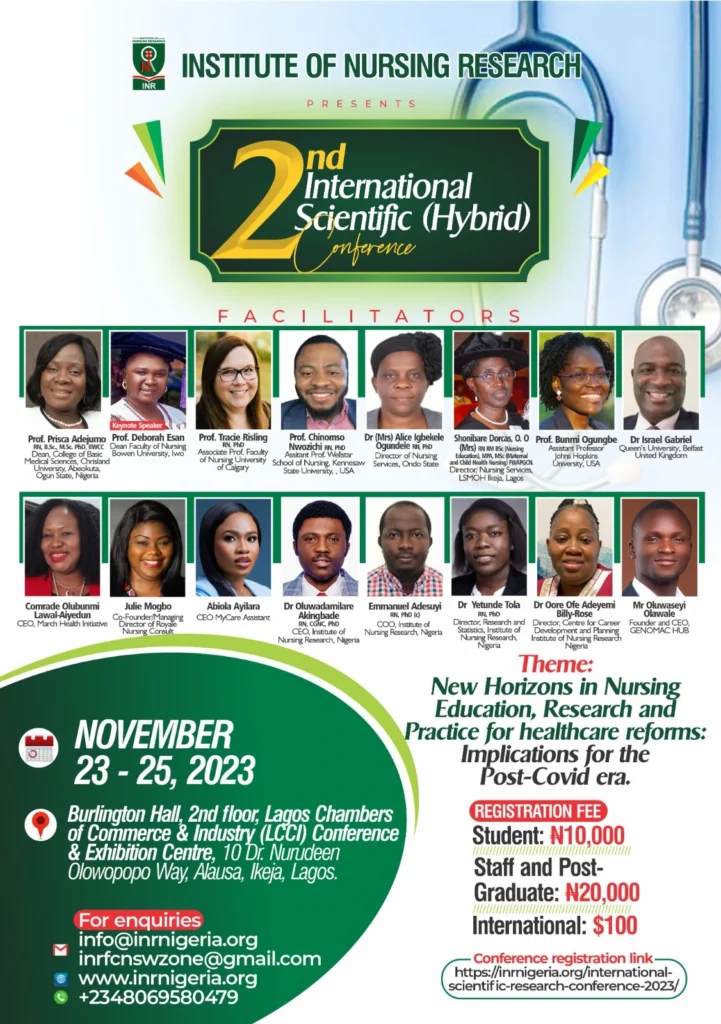
Various gatherings/meetings in academia serve different objectives and have distinct characteristics.
While the goal and objectives may vary, one principal aim is to share knowledge and discuss issues surrounding particular topics or themes.
Most scientific conferences, symposia, or meetings have a structured agenda and comprise multiple sessions.
Each session brings together individuals with shared interests to exchange information, find solutions, and keep abreast of advances in their fields.
Here, we look at the major and common types of academic conferences:
Annual Meetings/Conferences
Tend to be large and international but may also be national or regional. They are usually hosted over several days by associations, societies, or institutes that bring together members of—or people interested in—the particular organization.
Examples of large conferences that fall into this category include the American Association of Cancer Research (AACR) Annual Meeting, the American Association for the Advancement of Science (AAAS; publishers of science and other journals) Annual Meeting, and the International Society for Stem Cell Research (ISSCR) Annual Meeting.
Conferences Devoted to Certain Subfields
These are also commonly held by associations or societies. Smaller than annual meetings, they are often held in a central location for several days.
Examples include the AACR’s Special Conference on Pancreatic Cancer, held annually since 2015 for scientists studying pancreatic cancer, or the AAAS Science, Technology and Human Rights Conference, which brings together researchers and others interested in human rights challenges in science and technology.
Symposia
Are usually smaller, more intimate events with even more focus on a particular area. For example, The Society for Canadian Women in Science and Technology (SCWIST) holds an annual symposium for young scientists to showcase their research. The American Society for Cell Biology (ASCB) hosts several symposia each year, focused on specific topics such as “Emerging Therapies at the Intersection of Genetic and Cellular Technologies” and “Translating Discoveries”.
Workshops and Seminars
Generally the smallest type of scientific gathering, a workshop is a meeting where a group learns about something through insightful discussions and activities, whereas a seminar is usually a small, discussion-based meeting.
Many professional associations and institutes run seminars and workshops throughout the year, such as the Canadian Light Source (CLS) seminar series, which provides insight into science research.
Trade Shows or Expos
Trade shows or expos are events where science vendors showcase their products to potential customers. These events can be standalone or a part of a larger conference with an exhibition hall for vendors to connect with potential customers. For instance, the American Society of Human Genetics (ASHG) organizes one of the biggest scientific trade shows each year, occupying an entire exhibition hall at its annual meeting. These events are usually designed to attract customers or conduct business with a marketing undertone.
In academia, conferences, seminars, workshops and summits are the most effective channels professionals, scholars, and experts use to interact, network and push important agendas forward.
These gatherings serve as professional gatherings and as social platforms for experts and leaders to know themselves and strengthen the social and cultural bonds among themselves.
New ideas are birthed, old and obsolete ideas are discarded, and new and fresh professionals use these platforms to get acquainted with the professional culture in a particular field or ecosystem.
As a registered nurse, you have a golden opportunity to attend one of Africa’s most prestigious nursing scientific conferences.
Get the opportunity to interact with scholars, academics, leaders, entrepreneurs and other key players in the nursing academic ecosystem in Nigeria, Africa and globally.
If you haven’t secured your spot, do so now!




